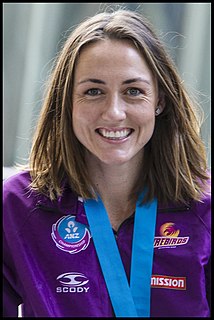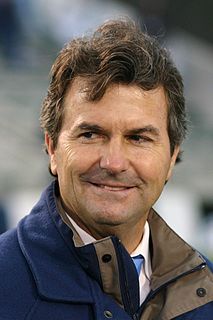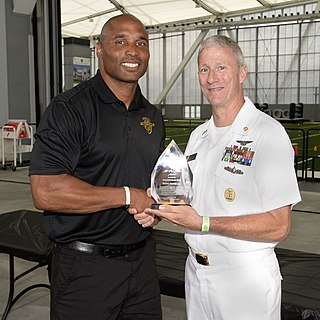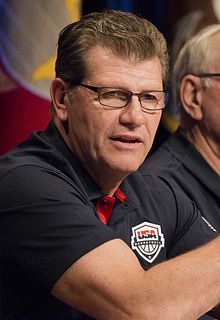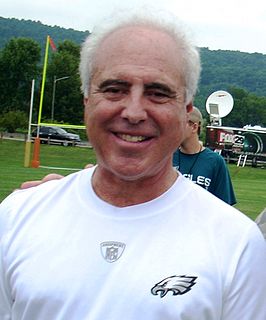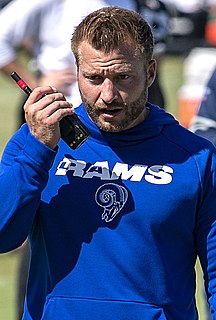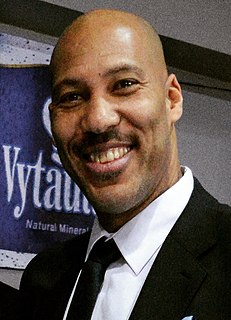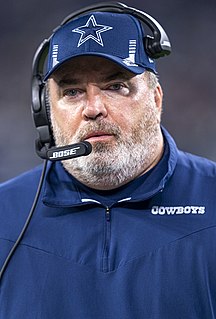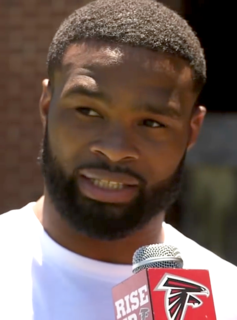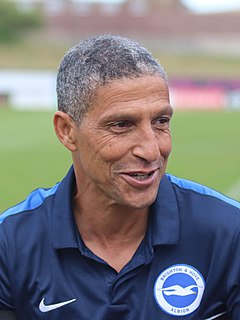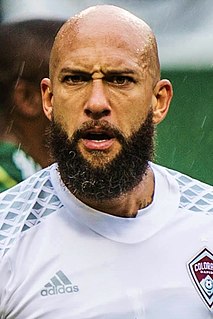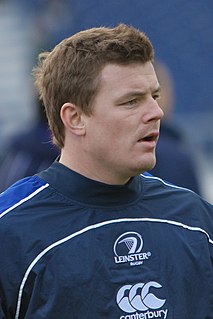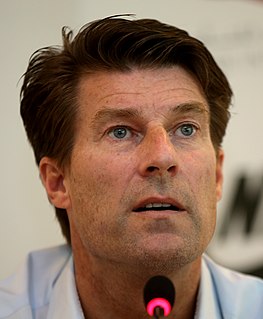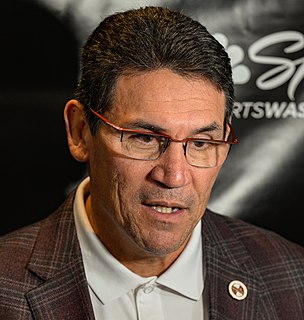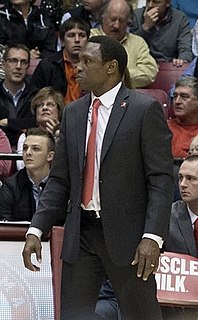A Quote by Rebecca Bulley
I learnt a lot about coaching from observing other coaches. I would recommend that they attend coaching courses and coach development opportunities wherever possible
Related Quotes
I went to many coaching clinics, talked to other coaches, read articles, books, etc. Anything I could do that would help me prepare to be the best coach possible. Fortunately, the coaches I had as a player were good men and were excellent role models in setting priorities and relating to the team members and coaching staff.
After a while, your coaching development ceases to be about finding newer ways to organize practice. In other words, you soon stop collecting drills. Your development as a coach shifts to observing how great coaches teach, motivate, lead, and drive players to performances at higher and higher levels
If you are getting into coaching right out of college, you're not one of the coaches because you're not really, like, a coach yet. You're someone who's in limbo all the time. Navigating that is not easy. If you try to be too much like a player, then the coaches are like, You're not too serious about coaching. If you're going to be too much like a coach, the players are not going to confide in anything.
In one of the largest studies ever done on the effects of executive coaching - over 70,000 respondents - we learned that the biggest mistake coaches make is in not following up. It didn't matter who the coach was or what method they used. Failing to follow up made any approach to coaching ineffective.
Ossie Ardiles got the job at Tottenham. I knew Ossie well and he brought me back as his reserve-team coach. That was my intro into coaching. Over the years I have known lots of other potential coaches who couldn't see a pathway. They couldn't see role models. There were so many BAME coaches who would apply for jobs and not even get an interview.
I think I have some ideas on coaching, but listen, coaches work harder than players. The hours they put in, the headaches that they have. That's the one thing I've never liked about coaching. They have all the emotion, passion and preparation without actually getting to be able to dictate what happens.
I'm passionate about coaching and being able to mentor young men in a lot of different ways. I think it's good to be able to do what you love to do. It's been in me since the beginning. I was telling my college coach what to do and he trusted me. When I got into the NBA, I started having conversations with coaches. Coach Gregg Popp(avich) brought a lot out in me. Coach Don Nelson gave me an incredible opportunity to spend some time with him and he molded me but at the same time allowed me to be myself.
